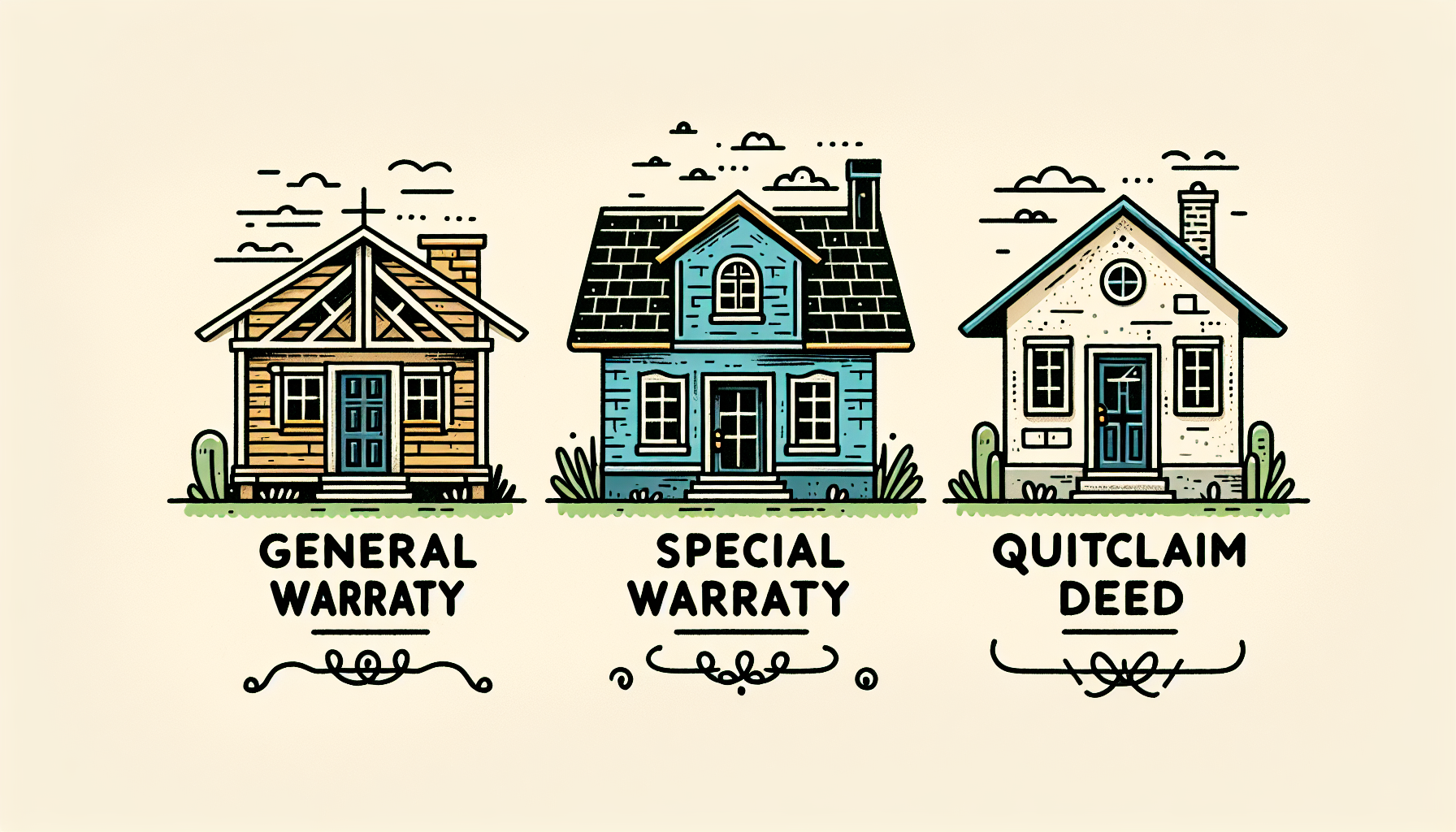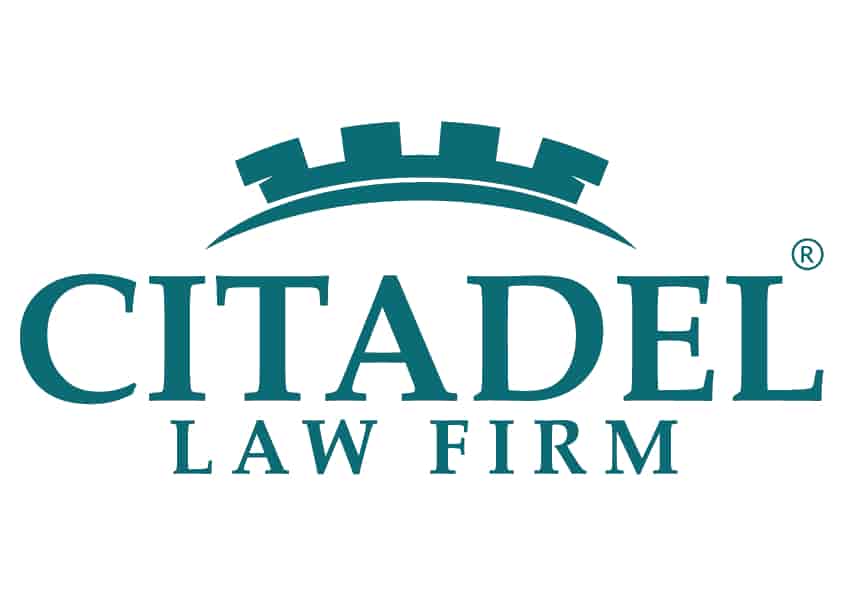Navigate the Process: How to Transfer House to Child When Still Alive in AZ, a quick guide
Transferring property from a property owner to a family member when you are still alive may have multiple implications in Arizona. Talk to an estate planning attorney to make sure you do it the right way.
If you’re in Arizona and want to transfer your home to your child or another family member while you’re still alive, you need to navigate legal deeds, avoid tax pitfalls, and ensure the transition is smooth. This article dives straight into how to transfer a house to your child successfully, covering legal documents, Arizona’s specific rules, and how to keep tax implications in check when considering the process of “transfer house to child when still alive Arizona.”.
It is an important guide to all property owners. The last thing property owners want to do when they transfer property is generate extra taxes or use an annual gift tax exclusion they may need in the future.
Key Takeaways
- There are different types of deeds that facilitate property transfer in Arizona, with varying levels of protection: a quit claim deed transfers ownership without warranties, whereas general and special warranty deeds provide more substantial guarantees against claims and liens.
- Transferring property in Arizona entails fulfilling specific legal requirements such as notarization of the deed, including necessary details within the deed, recording it with the county recorder’s office, and understanding the potential tax implications for both the giver and receiver.
- Estate planning is vital in the property transfer process to ensure assets are distributed according to an individual’s wishes, potentially preventing family disputes and offering tax advantages, with the guidance of a wills and trust attorney being beneficial for navigating legal complexities.
Choosing the Right Deed for Transfer in Arizona

In the state of Arizona, selecting the appropriate deed for transferring property is a crucial aspect of the process. There are three main types to consider: general warranty deeds, special warranty deeds, and quitclaim deeds. Each offers its own set of protections and assurances for ownership transfer between family members.
The first type is a general warranty deed which provides utmost security by guaranteeing that there are no existing liens on the property and offering full protection against any disputes over title ownership. The second option is a special warranty, which falls in between, with its level of coverage limited only to potential issues that have emerged during the current owner’s time possessing it. Lastly, we have quitclaim deeds as an uncomplicated way to pass down land among relatives. This choice does not come with any guarantees regarding clear title claims in relation to property ownership.
It’s essential to understand these differences when considering what type best suits your needs in terms of property's fair market value - or how much money one can reasonably expect from selling their house at present - before deciding on who will take up new forms right(s) according to them.
Quitclaim Deed: A Simple Option
A popular choice for transferring property between family members is a beneficiary deed, although the quitclaim deed remains a common option as well. The simplicity of using a beneficiary deed to transfer ownership from parents to children is often seen as desirable due to the trust inherent in these relationships. You just define a named beneficiary. It’s important to note that unlike other types of deeds, such as warranty deeds, which provide guarantees and protections against future claims or liens on the property, a quitclaim offers no assurances.
While this straightforward approach can have its advantages when considering transfers within families, there are potential downsides worth evaluating before choosing a quitclaim over other options. Since there are no warranties associated with this type of document, the recipient may not be protected against any unforeseen issues related to the property title or face complications if trying to sell the property later.Therefore, it’s crucial to discuss the pros and cons when deciding whether a quitclaim deed is the right choice for property transfer among family members.
Warranty Deed: Offering More Protection
Unlike quitclaim deeds, warranty deeds offer a higher level of protection when transferring property. This type of deed guarantees ownership rights and ensures that the property is free from any undisclosed liens. General warranty deeds transfer all ownership rights with a promise to protect against future claims, while special warranty deeds only provide protection during the grantor’s ownership.
Because it offers greater security for transactions between unrelated parties, many prefer using warranty deeds over quitclaim ones. If you want assurance when transferring your property, considering a warranty may be beneficial. Discuss that with your attorney to make sure that is the correct type of deed to be used. You want your beneficiaries to own the property free and clear.
Navigating Arizona's Legal Requirements
The process of transferring property is not just a matter of selecting the appropriate deed, but it also involves adhering to legal obligations. In Arizona, this includes obtaining validation from a notary public to verify the signing of documents and filing the deed at the county recorder’s office where the property is located.
When preparing an Arizona warranty deed as a property owner, there are specific details that must be included such as names of both parties involved in the transfer (grantor and grantee), method for holding title, and exemption declaration if no money has been exchanged. Recording requirements mandate an Affidavit of Property Value unless an exception applies.
Due to potential complexities within these legal procedures related to real estate transactions , seeking guidance from a qualified attorney may prove beneficial when completing a compliant and successful property transfer as a biding owner authority have important laws related to real estate to be satisfactorily met. A knowledgeable attorney can also assist with accurately completing necessary documentation and filing requirements specifically relating to money matters within the transfer process. Thus, making the help of an experienced estate planning attorney in Arizona critical for any one looking to under take a property transfer in Arizona.
Tax Implications of Gifting Property in Arizona
The transfer of property in Arizona involves both legal and tax considerations. This includes the obligation to file a gift tax return and potential liability for gift taxes if the fair market value of the gifted property exceeds the annual exclusion amount. It is highly advised to seek advice from a tax expert for compliance with all relevant regulations and explore any available strategies.
When receiving gifted real estate in Arizona, there may be capital gains taxes involved upon its sale based on its current fair market value at that time compared to the selling price. It should be noted that there are no transfer taxes imposed by Arizona on such transfers or gifts made between family members. You want to discuss that with your attorney to avoid paying unnecessary capital gains taxes.
Understanding Gift Taxes
Gift taxes play a crucial role in the taxation of property transfers. In Arizona, an individual can give up to $14,000 annually to any number of recipients without being subject to gift taxes. If the value of the gifted asset exceeds this threshold, it may be necessary for the giver to file a gift tax return.
For parents looking at transferring assets strategically, using the annual exclusion is beneficial as it helps avoid potential gift taxes. Gifting property that has an existing mortgage could result in taxable income for the receiver and affect their overall tax calculation related to gifts received. Hence, gaining familiarity with all aspects regarding gift taxes is essential when engaging in a transfer or sale process involving properties.
Capital Gains Taxes for Recipients
The transfer of property can have significant tax implications for both the giver and recipient. For example, when a child receives a gifted property, they typically inherit the original cost basis from the donor. This is essential in determining capital gains taxes that may be applicable if/when the property is sold.
Capital gains taxes are calculated by subtracting any adjustments made to the cost basis from its eventual selling price. There are certain conditions which could potentially exempt recipients from paying these taxes – such as using their gifted property as their primary residence for at least two years within five years prior to selling it. Properties held for more than one year before being sold would qualify for lower long-term capital gains tax rates. Using a beneficiary deed instead of transferring the property before you die will reset the basis for tax consequences in most cases. That can save your family members a lot of money.
It’s important that recipients understand and consider potential tax implications when making decisions about their acquired gift-property - especially regarding how long they intend on holding onto it or whether/how much profit might result upon its sale. Working with an experienced trust attorney in Arizona is paramount.
Utilizing a Trust for Property Transfer
Trusts offer an alternative method for transferring property. By creating a trust, individuals have control over their assets during and after their lifetime, including the option of a transfer upon death. This allows them to avoid the probate process and ensure quicker and more private distribution of assets while keeping details out of public record. A death certificate will still be needed for trust administration.
To these benefits, trusts also allow owners to set specific conditions on asset use and distribution such as age restrictions or designated purposes for beneficiaries’ spending. In Arizona, where trusts are involved in transfers either as grantors or grantees, it is mandatory for trustees’ names as well as beneficiaries’ names and addresses to be disclosed on the deed. While there are significant advantages associated with using trusts for managing property ownership changes, the process does require careful consideration due to its own set of requirements.
Benefits of a Trust
Trusts have multiple benefits, including potential tax advantages and the ability to minimize liability compared to direct property ownership transfers. In case of an owner’s incapacitation or illness, a revocable trust allows for management and distribution of assets by a trustee in order to ensure seamless transfer of ownership.
One major advantage is that trusts offer flexibility when it comes to distributing various types of property such as vehicles, cash, bank accounts, securities, business interests and personal belongings. With its capability for managing different assets effectively, trusts are an advantageous option for transferring properties while also providing control over their distribution. When spouses have joint ownership interest the property will only be distributed after both passed away according to the guideline of the trust. Spouses will have full control when they are still alive.
In conclusion, trusts serve as valuable tools in facilitating the transfer of properties due to their potential tax savings, capacity for handling diverse range of assets, and offering control over asset allocation. These factors make them highly beneficial choices for individuals seeking efficient means of safeguarding and transferring their wealth to future generations or designated beneficiaries.
Estate Planning Considerations
Estate planning is a crucial aspect of the transfer process for properties. Its purpose is to ensure that an individual’s assets, regardless of their extent, are distributed according to personal wishes upon death. The goal is to avoid expensive and lengthy legal proceedings that may occur if courts have to determine asset distribution.
Effective estate planning can prevent family conflicts over property ownership and maintain control over finances in situations involving incapacity or death. It also offers significant tax benefits by potentially reducing or even eliminating estate taxes.
Including proper estate planning as part of the property transfer process allows for organized and strategic asset allocation while avoiding potential disputes among family members after one’s passing.
Working with an Estate Attorney
An experienced estate attorney plays a crucial role in facilitating the transfer of property. They handle tasks such as reviewing and preparing documents, ensuring a clear title for the property, and managing the funds involved.
The involvement of an attorney becomes especially vital when dealing with quitclaim deeds. These types of transfers are permanent and require meticulous preparation and execution. Despite there being a cost associated with hiring an estate attorney, it can prove to be a wise investment for ensuring that your property is transferred smoothly while adhering to all legal requirements.
An attorney will make sure that the new deed is signed properly in front of a notary public.
Maintaining Government Benefits
Transferring property can have implications for eligibility for government benefits such as Medicaid and Supplemental Security Income (SSI). This is because it may affect the countable resources used to determine eligibility. For instance, when considering eligibility, Medicaid reviews transfers made within 60 months prior (5 years), which could result in penalties and periods of ineligibility.
It should also be noted that certain exemptions exist for allowances like personal needs and spousal impoverishment when calculating income for Medicaid qualification purposes. These factors must be taken into account when planning a property transfer so that one’s ability to receive government benefits remains unaffected.
Preserving Family Harmony
The transfer of property has the potential to create tension within a family. To prevent conflicts, it is important to have open and honest communication about personal and family objectives during this process. Regular meetings can be scheduled so that every member’s perspective can be considered when transferring property.
Providing clear explanations for decisions made in regards to the transfer will minimize misunderstandings and promote trust among family members. A fair method of distributing household items could involve taking turns or using a lottery system which would contribute towards maintaining peace during the property transfer procedure.
It is essential for all individuals involved in joint tenancy arrangements to prioritize preserving unity among their families throughout any type of property transition.
Are you ready to start you estate planning in Arizona?
The transfer of property is a complex procedure that encompasses various legal, financial and personal aspects. It involves decisions such as selecting the appropriate type of deed, understanding potential tax consequences, maintaining eligibility for government benefits, and preserving family relationships.
With proper knowledge and guidance you can successfully navigate this process to ensure a smooth transfer of your property to your child while safeguarding its legacy and providing yourself with peace of mind.
Citadel Law Firm PLLC will be pleased to help. Our experienced estate planning attorneys can discuss what would be the best option to transfer property to your loved ones and family members. Call (480)565-8020 or click here to schedule your free estate planning consultation with us. We can help you not only avoid probate but minimize capital gain taxes and still qualify for benefits.
Frequently Asked Questions
How do I transfer a property title to a family member in Arizona?
To transfer ownership of a property to a relative in Arizona, it is necessary to complete and file a legal document known as a deed. The signed deed must then be recorded with the county’s land records office where the property resides. This process allows for the official transfer of title from one family member to another within their shared ownership interests.
Can I transfer my mortgage to my child?
It may be feasible for you to move your mortgage over to your child, but it is imperative that you reach out to the lender and explore their policies and guidelines. Some lenders might make allowances for transfers involving parents and children. It is crucial that you verify eligibility with them first.
Does Arizona allow Tod on real estate?
Transfer-on-death (TOD) deeds are permitted in Arizona for real estate, providing a way to transfer the ownership of property from one individual to another upon their passing. In Arizona TOD Deeds are usually referred to as Beneficiary Deeds, a type of Warranty Deed. This method allows an owner’s interest in an estate to be transferred without going through a probate court. Instead, the designated person on the new deed will automatically become the new property owner after death.
How do I transfer property to a family member tax free in the USA?
One way to transfer property without incurring tax in the USA is by gifting it to a family member. This can be done by giving gifts with a combined market value of $18,000 or less per recipient within one calendar year. In this manner, both the ownership and tax liability for the transferred property are shifted from one family member to another.
What is a quit claim deed?
A commonly used method for transferring ownership interest among family members is through a quit claim deed (a type of house deed), which does not provide assurance of a clear title. This form of property transfer involves the exchange of deeds and ultimately results in one individual gaining ownership over the other’s share or claim to the property.



